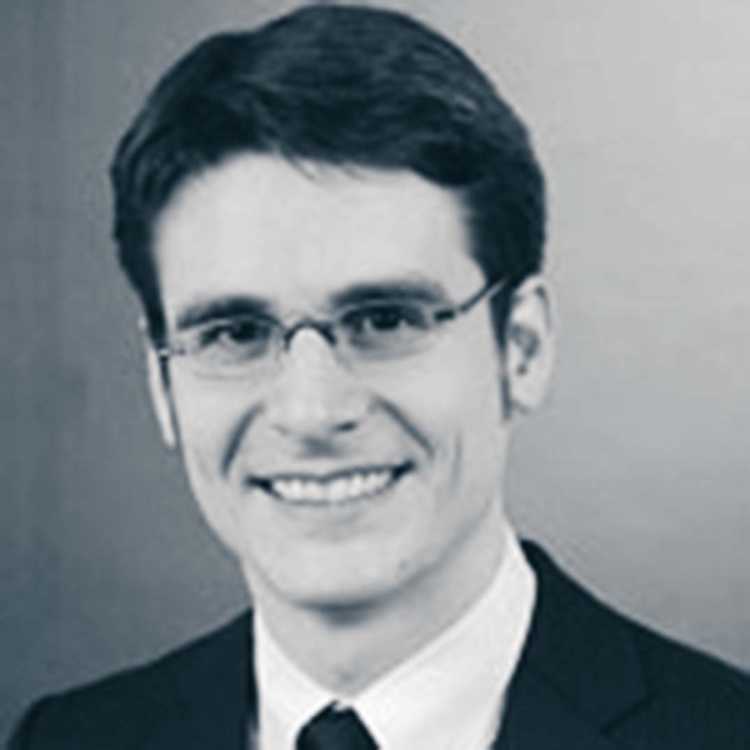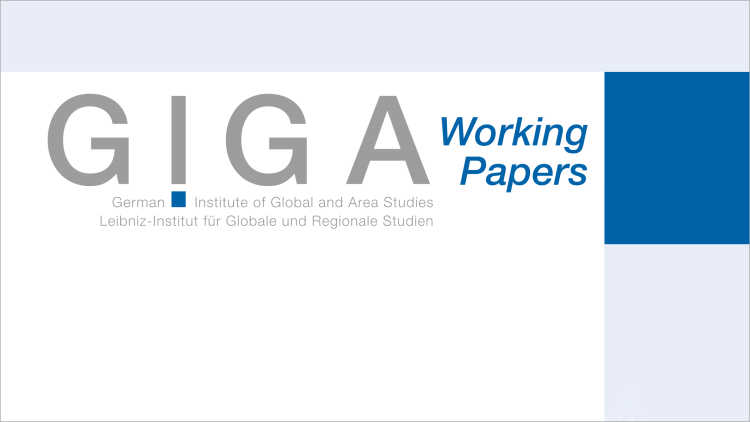- Home
- Publications
- GIGA Focus
- Neuseelands Demokratie unter dem "deutschen" Wahlsystem
GIGA Focus Asia
Neuseelands Demokratie unter dem "deutschen" Wahlsystem
Number 7 | 2014 | ISSN: 1862-359X
Am 20. September 2014 wird in Neuseeland das Parlament neu gewählt; Premierminister John Key strebt hierbei eine dritte Amtszeit an. Es ist die siebte Wahl, die unter einem proporzorientierten Mischwahlsystem durchgeführt wird, welches bereits seit dem Jahr 1949 in ähnlicher Form auch in Deutschland Anwendung findet.
Analyse Das seit dem Jahr 1996 in Neuseeland verwendete proporzorientierte Mischwahlsystem hat sich bewährt. Besonderheiten der neuseeländischen Variante des Mischwahlsystems liegen in zusätzlichen speziellen Wahlkreisen für die indigene Bevölkerungsgruppe der Māori sowie der Möglichkeit für Parteien, bereits bei Gewinn eines Direktmandats mit vollem Stimmenanteil in das Parlament einzuziehen.
Dem Willen der Regierung sind in der neuseeländischen Variante der Westminster-Demokratie nur wenige institutionelle Schranken gesetzt; umso wichtiger sind als demokratischer Kontrollmechanismus die spätestens alle drei Jahre stattfindenden Parlamentswahlen.
Im Mittelpunkt des neuseeländischen Parteiensystems stehen weiterhin die sozialdemokratische Labour Party und die konservative National Party, die auch unter dem Mischwahlsystem ihren Status als „Volksparteien“ erfolgreich behaupten konnten.
Die Spezifika des Wahlsystems machen es für kleinere Parteien einfacher, in das Parlament zu gelangen, was wiederum die wiederholte Bildung von vergleichsweise stabilen Minderheitsregierungen erleichtert hat.
Der Frauenanteil im neuseeländischen Parlament ist unter dem Mischwahlsystem auf ein Drittel gestiegen und die Māori sind dort mittlerweile recht stark repräsentiert.
Im September erhofft sich die seit dem Jahr 2008 regierende National Party den dritten Wahlsieg in Folge. Angesichts der positiven Entwicklung der Wirtschaft stehen die Chancen hierfür, trotz einiger jüngerer Skandale, nicht schlecht.
Footnotes
Regional Institutes
Research Programmes
How to cite this article
Köllner, Patrick (2014), Neuseelands Demokratie unter dem "deutschen" Wahlsystem, GIGA Focus Asia, 7, Hamburg: German Institute for Global and Area Studies (GIGA), http://nbn-resolving.de/urn:nbn:de:0168-ssoar-390961
Imprint
The GIGA Focus is an Open Access publication and can be read on the Internet and downloaded free of charge at www.giga-hamburg.de/en/publications/giga-focus. According to the conditions of the Creative-Commons license Attribution-No Derivative Works 3.0, this publication may be freely duplicated, circulated, and made accessible to the public. The particular conditions include the correct indication of the initial publication as GIGA Focus and no changes in or abbreviation of texts.
The German Institute for Global and Area Studies (GIGA) – Leibniz-Institut für Globale und Regionale Studien in Hamburg publishes the Focus series on Africa, Asia, Latin America, the Middle East and global issues. The GIGA Focus is edited and published by the GIGA. The views and opinions expressed are solely those of the authors and do not necessarily reflect those of the institute. Authors alone are responsible for the content of their articles. GIGA and the authors cannot be held liable for any errors and omissions, or for any consequences arising from the use of the information provided.






